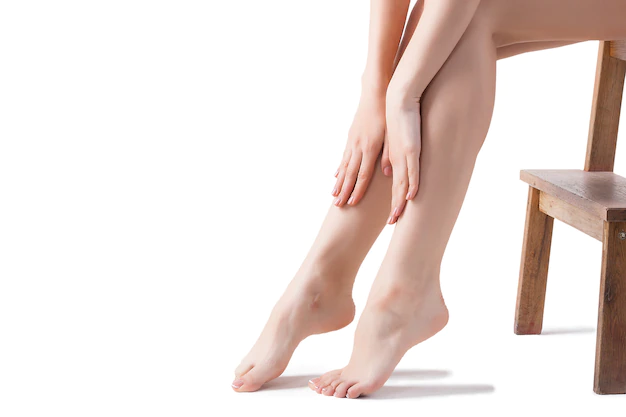Coronary Angiography at Cordis Cathlab
Varicose veins refer to a skin condition that results in the unusual bulging of the veins. The condition affects your legs. Although the condition is mostly mild and is a cosmetic concern, some people might experience discomfort and sharp pain in the affected area. You don’t necessarily need treatment for varicose veins if they aren’t causing pain, but women often undergo treatment to close these bluish, cord-like veins.
These veins carry blood to your heart. Small walls in these veins open and close to ensure a steady and uninterrupted blood flow to/from the heart. Due to the frequent use, the veins in your legs are prone to damage. If these valves get weak, the blood that’s supposed to flow to your heart flows backward instead. This leads to the blood pooling in your veins, causing twisting and swelling. People with varicose veins might experience a sharp pain that worsens after standing or sitting for a long period. Itching and a burning sensation around these veins are also common.

Experienced Cardiologist
How does Laser varicose vein Treatment Work?
After diagnosing varicose veins, the doctor marks the affected veins and injects local anestheia to numb the area. The doctor inserts a catheter and a thin laser fiber. The anesthetic solution is then injected into the veins through laser fibers, making them collapse immediately. The result can be seen after the removal of the catheter.
The catheter leaves only a small mark on the affected area, which heals within a few days. The patient can resume their routine activities a day after the procedure. Closure of the varicose veins through laser fibers is a safe procedure. Your doctor will give you instructions for recovery after the treatment.
Who’s at a Risk of vericose veins?
Women are at a higher risk of developing varicose veins than men. Hormonal changes before a menstrual cycle begin, during menopause, and during pregnancy can relax the valves of your veins, interrupting the blood flow to your heart. Certain medical treatments, such as birth control, also increase your risk.
Obesity also plays a role here. It puts extra pressure on your veins, making them enlarged and swollen. People living a sedentary lifestyle are at a high risk of getting varicose veins since your body needs regular movement for blood flow.
Complications
- Bleeding: The veins overfilled with blood can burst, causing internal bleeding. Although there is minor bleeding, you need to get this vein closed to avoid serious complications.
- Blood Clots: Constant pain due to the enlarged vein and swelling around the affected area can be a sign of blood clots.
- Ulcers: You might notice a discolored spot near the varicose veins on the skin. It usually forms around the ankle. If you notice the signs of a skin ulcer, see your doctor immediately.
How is varicose veins Diagnosed?
Your doctor will detect varicose veins just by looking at the affected site. These veins turn purple and are quite noticeable on your skin. The doctor may check for any visible swelling in your legs and order a “venous doppler ultrasound” test to get a clear picture of the blood flow in your veins.
Treatment options for varicose veins
Although it’s considered a last resort, you might need surgery to close the varicose veins when other non-invasive treatments fail. Here are the possible treatment options for varicose veins:
- Laser Ablation: The doctor uses laser rays to prevent swelling in the affected area. It is a painless process used for reducing inflammation around the affected area.
- Sclerotherapy: Another way to close varicose veins without making an incision on your skin is sclerotherapy. In this process, the doctor injects a foamy solution into the affected areas to scar and close the veins.
- High Ligation and Vein Stripping: This surgical procedure is used for the small and mid-sized veins that have swollen due to the accumulation of blood.
- Glue Treatment: The doctor uses glue to close the smaller veins near your skin so that they don’t affect the larger veins that handle a large volume of blood circulation.
Request Appointment
Request an appointment with us to know more about angiography procedure and if you do require an angioplasty
